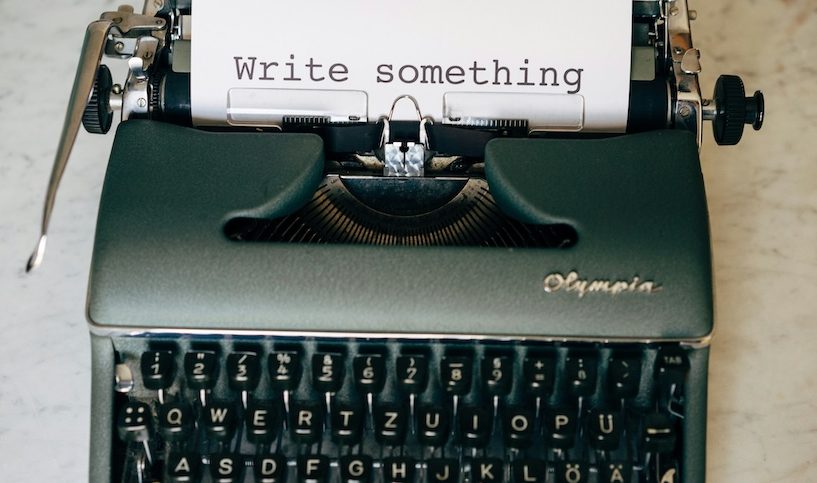Since the beginning of time, storytelling has been at the heart of human connection. From ancient cave paintings to bedtime tales, from epic poetry to the latest viral TikTok video, stories are how we understand the world, share our experiences, and bridge the gap between cultures, generations, and even strangers. But in today’s fast-paced digital age, have we forgotten the power of a good story?
THE HEARTBEAT OF CULTURE
Every culture is built on stories. Whether passed down through oral tradition, written in books, or captured on film, storytelling preserves history, values, and traditions. Think of the fables and folktales told by grandparents, each with a lesson wrapped in engaging narratives. Or the songs and poetry that define a nation’s identity, carrying the weight of generations in their lyrics.
Stories have the power to keep cultures alive. In Kuwait, the tradition of sowalef (storytelling) is deeply embedded in the social fabric. Gatherings once centered around elders recounting tales of adventure, perseverance, and morality, creating a shared sense of belonging. Even today, this tradition continues in different forms—whether in the carefully curated Instagram captions of modern influencers or the passionate retellings of personal experiences over coffee.
CONNECTION IN A DISCONNECTED WORLD
In a time where screens often replace face-to-face interaction, storytelling serves as a powerful antidote to isolation. When we share our experiences—our struggles, our triumphs, our dreams—we create a space where others can see themselves reflected. A well-told story can turn a room full of strangers into a community, simply by tapping into shared emotions.
Think about the books that have changed your perspective, the films that have made you cry, or the personal anecdotes that have stayed with you long after a conversation ended. These moments stick with us because stories evoke emotion. They make abstract ideas tangible, bring statistics to life, and give meaning to the everyday.
STORYTELLING IN DAILY LIFE
We don’t need to be authors or filmmakers to be storytellers. In our daily lives, we use storytelling more than we realize. From the way we recount our day to friends to the narratives we craft in job interviews, the stories we tell shape how others perceive us—and how we perceive ourselves.
Marketing experts understand this well. Brands don’t just sell products; they sell stories. A perfume commercial isn’t just about the scent—it’s about romance, adventure, and identity. A local restaurant doesn’t just serve food—it tells a story of heritage, passion, and craftsmanship. Even in the corporate world, the most successful leaders are often the best storytellers, able to inspire, persuade, and connect with their audience through compelling narratives.
THE PERSONAL POWER OF STORYTELLING
Beyond connecting with others, storytelling is also a tool for self-discovery and healing. Writing in a journal, sharing personal experiences, or even creating fictional tales allows us to make sense of our emotions and experiences. Many therapists encourage storytelling as a form of processing trauma, proving that narratives aren’t just entertaining—they’re transformative.
Moreover, the stories we tell ourselves shape our mindset. If we frame our past mistakes as failures, we carry shame. But if we reframe them as lessons, we carry growth. Storytelling allows us to rewrite our narrative, to see ourselves as the heroes of our own journey rather than victims of circumstance.
KEEPING THE TRADITION ALIVE
With social media and digital platforms, storytelling has never been more accessible. While some worry that technology has diluted the art of storytelling, it has also democratized it. Now, anyone with a smartphone can share their voice, their culture, their experiences with the world. Podcasts, blogs, and short videos have become modern-day campfires, where stories spread further and faster than ever before.
Yet, with this power comes responsibility. The stories we tell—whether online or in person—shape perceptions, influence opinions, and impact real lives. It’s up to us to tell stories that are authentic, inclusive, and meaningful.
THE FINAL CHAPTER
At its core, storytelling is about connection. It reminds us that despite our differences, we all seek love, understanding, and belonging. It’s how we pass down wisdom, preserve our culture, and make sense of the world around us.
So, the next time you share an experience, whether through a heartfelt conversation or a simple Instagram post, remember: your story matters. And in telling it, you just might bring someone a little closer to understanding themselves—and the world—a little better.
Photo by Markus Winkler on Unsplash











